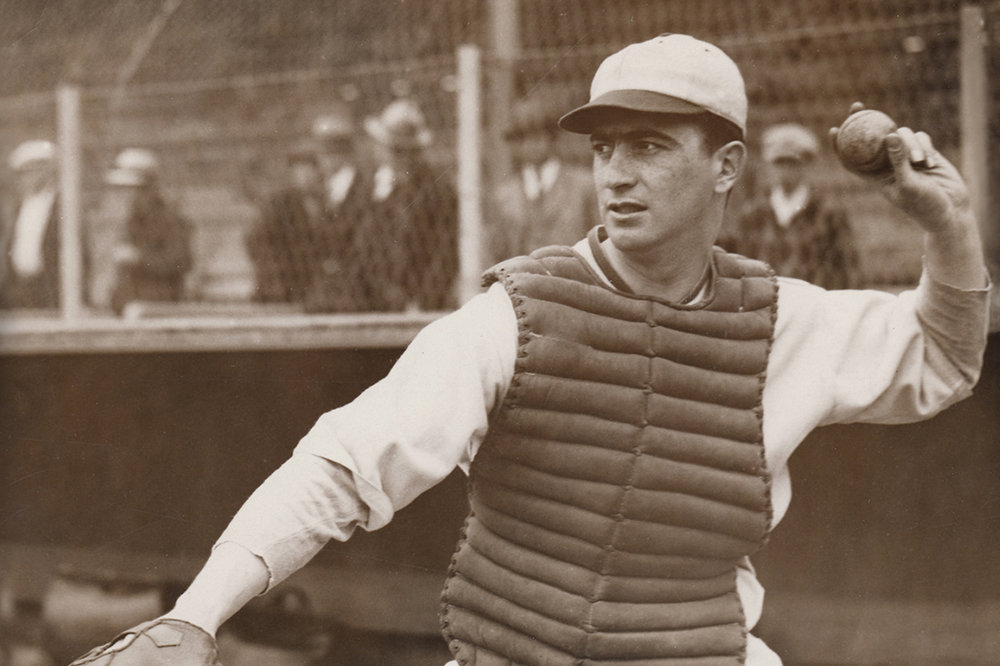Capital in the Twenty-First Century
by George Wolf
You want to understand the economic mess we’re in? Simple. It all comes down to horses and board games.
Wut?
Watch Capital in the Twenty-First Century, and more than just vague analogies will come into startling focus.
New Zealand filmmaker Justin Pemberton has assembled an array of scholars and historians (including Thomas Piketty, author of the source book) for a 103-minute presentation that is so informative, measured and concise it should earn you college credits.
There are graphs, illustrations and pop culture snippets from film and television that Pemberton weaves throughout the lecture material to attract the eye and boost the film’s overall entertainment value. But make no mistake, his mission is about breaking down the 400 years of history that explain the social and economic precipice we’re teetering on right now.
The breakdown is an accomplishment in itself, but Pemberton and his scholars never condescend or confuse, bringing an immeasurable value to the medium delivering this invaluable message.
And while some of the lessons are not new (i.e. we need a strong middle class) the context here is so vivid and relevant many observations may land with an echo of “eureka!” inside your head.
The history of nations carrying staggering wealth inequality and stagnant social mobility is not pleasant, but the ironic timing of Pemberton’s film helps fuel the hope that total socio-economic collapse may still be avoided.
The key lies in totally re-shaping the way a population thinks, which historically has only been achieved through seismic cultural shifts such as a war or a depression.
Or a pandemic?
We’ll see, but by the time Capital in the Twenty-First Century is done telling you about the horses and the board games, there will be little doubt why the “job creators” are so anxious to give us the business.





